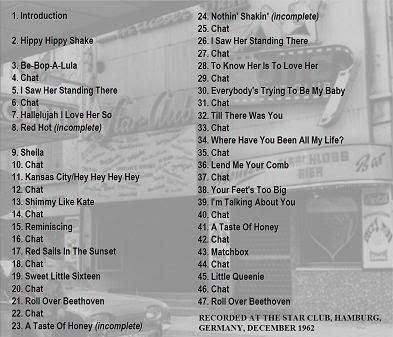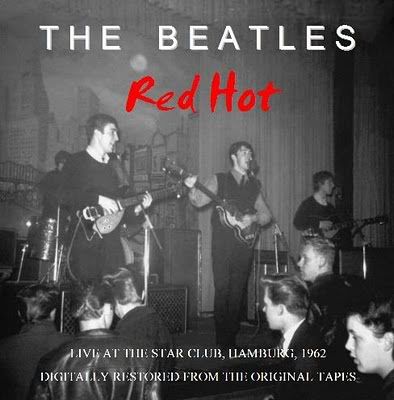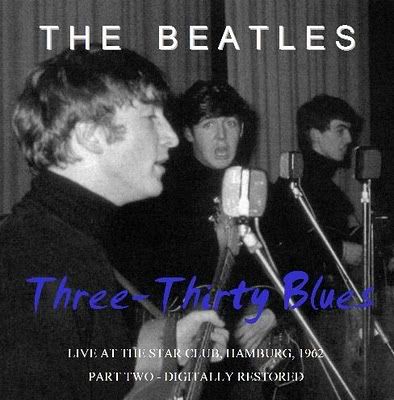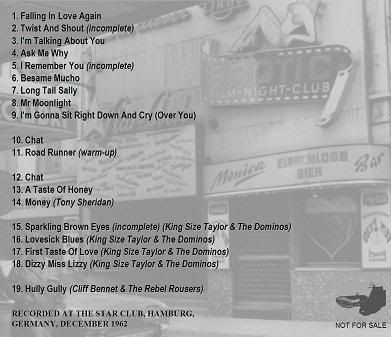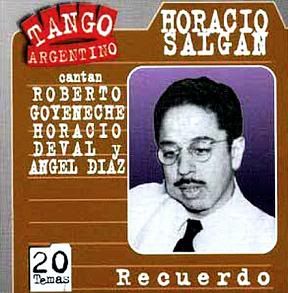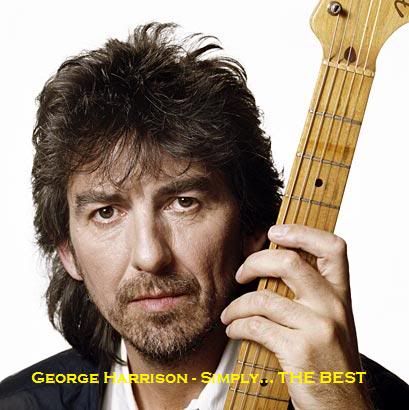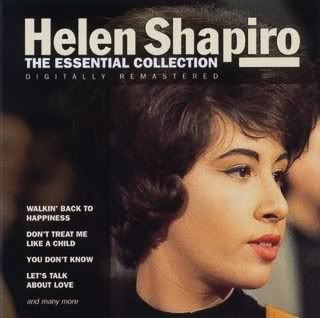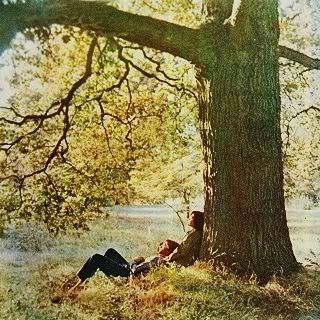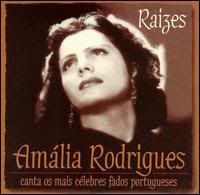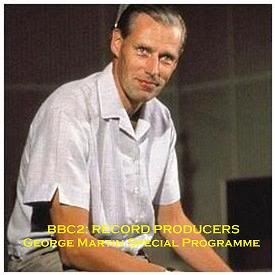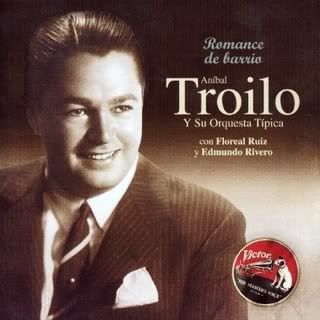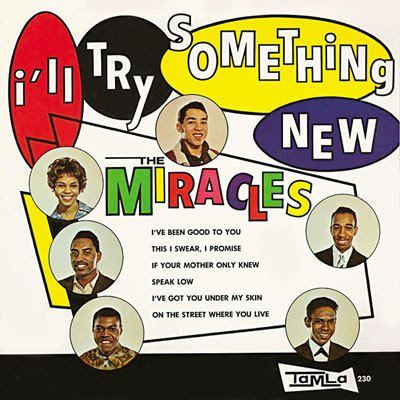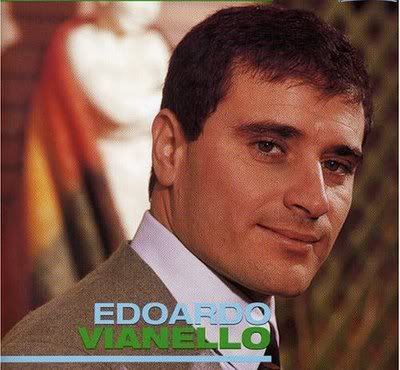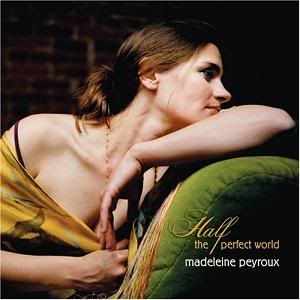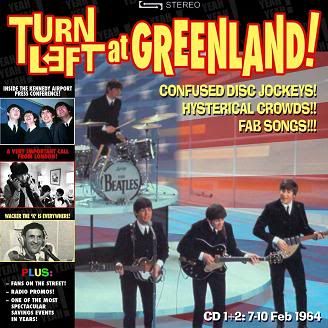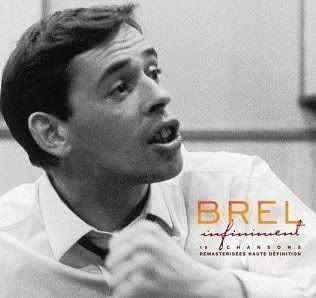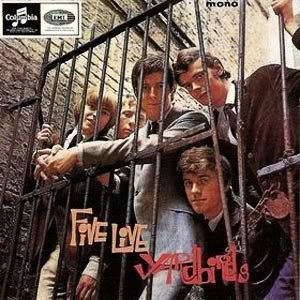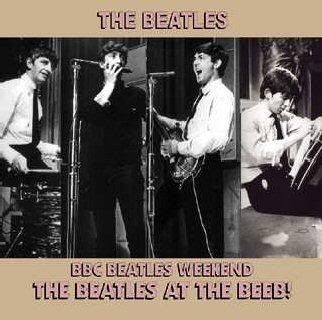In 1983, for the first and only time, the doors to Abbey Road's famous studio were opened to the public, for a tour and audio-video presentation, Fans were treated to a tour of the famous Number 2 Studio, which had remained virtually unchanged from the days of the sixties where the Beatles recorded from 1962-1969. Starting July 11th, the doors were opened seven days a week through September 11th, with three shows per day at 10:30 am, 3:30 pm and 7:30 pm. Tickets sold for about 4.50 GBP. In all, the presentation and tour was given 168 times. After a short tour of the facility, the fans were seated in the Number 2 Studio for a 90 minute video presentation featuring rare filmclips and promotional videos with previously unreleased Beatles recordings. This was the first time that EMI had ever permitted the public performance of Beatles outtakes. Refreshments were served, and in one corner there was a booth offering T-shirts, posters, stickers, road signs, postcards and other type of Beatles souvenirs. Ticket sales were handled directly by EMI and Abbey Road Studios. EMI said at the time that this was the first time that the public was invited into Abbey Road Studios, AND that it would be the last time, never to happen again. Now we'll see probably why...
Not too long after the July 18th opening, a fan was caught trying to make an audio recording of the show. Immediately, EMI had metal detectors installed in the hallway leading into the studio that everyone had to pass through to get inside for the presentation. In the studio, several signs were posted on the walls that stated: "Absolutely no sound recordings may be made of this presentation". Fans being determined, and with word out from previous visitors about how great the outtakes were, three U.S. collectors managed to sneak in a compact Sony cassette player and record the entire show from start to finish, in stereo. Their story was told in an interview some years back, they had each taken with them a shopping bag filled with "tourist" items as if they had been shopping all day. Hidden inside one of the bags was the Sony tape recorder. In another, the microphone and batteries, and in the third, the blank tapes. The recording items were buried in the bottom of the bags, with souvenirs covering the top. Nervous about doing this, they said the 20 minute wait in line seemed like forever. They had no idea about the metal detectors inside, and almost gave up and turned back when they rounded the corner of the hallway and saw the guards and detectors. Deciding to take a chance anyway, and confident knowing the recording equipment was spread out in different bags, they headed forward. Amazingly, when they got to the search point, the guard looked in the bags quickly, passed them AROUND the metal detector, and directed them through the detectors -sans bags(!)- and then handed the bags BACK to them on the other side of the detector!!! They could not believe that they got into the Abbey Road presentation with a tape recorder! At this time, of course, they were ecstatic, as they KNEW they would soon have a recording of the entire show. Once inside they toured the studio, enjoyed soft drinks and took several photos, including one of the "absolutely no sound recordings..." sign, which was later printed inside the gatefold vinyl LP cover. Upon being seated for the show, they all sat together and carefully pulled the parts from their bags to prepare recording. One of them sat perfectly still holding the microphone for the entire ninety minute presentation. The tape was reviewed in the cab on the way back to the hotel and all three fans were blown away, the recording had turned out incredible. Upon their return to the U.S., a cover was designed and in early 1984 the recording was issued as a double album gatetold set, "The Beatles Live at Abbey Road Studios" (ARS 2 9083). Eagerly received by collectors and considered a landmark album, it quickly sold out. A few months later, it was copied and reissued, identical to the original except the cover artwork was blurry and the labels were blank white. In the late 1980s a Japanese CD version called "Abbey Road Show" was issued in excellent quality stereo (ARS83-2). A different audience tape appeared on an European bootleg, "In Abbey Road (Beatles Fan Records A/B)".Enjoy now this version of "The Beatles Live at Abbey Road Studios" where the legendary cassette tape made by the American fans has been edited with those same tracks but as compiled by John Barrett straight from master tapes, giving you the first chance to experience the whole show as it was conceived originally.

Part 1:
01- Introduction
02- Love Me Do (take 18)
03- How Do You Do It? (take 2)
04- I Saw Her Standing There (working title: Seventeen) (takes 6, 11 & 12)
05- Twist & Shout (take 1)
06- One After 909 (edited takes 4 & 5)
07- Don't Bother Me (takes 11 & 12)
08- A Hard Day's Night (takes 2, 3 & 9)
09- Leave My Kitten Alone (take 5)
10- I'm a Loser (take 8)
11- She's a Woman (take 1)
12- Ticket to Ride (take 2)
13- Help! (take 5)
Part 2:
14- Norwegian Wood (take 1)
15- I'm Looking Through You (take 1)
16- Paperback Writer (take 2)
17- Rain (take 7)
18- Penny Lane (RS1 from take 9)
19- Strawberry Fields Forever (take 1)
20- Strawberry Fields Forever (take 7)
21- Strawberry Fields Forever (take 26)
22- A Day In The Life (edit of takes 6, 7 & 9)
23- Hello Goodbye (RS2 from take 22)
24- Lady Madonna (take 4)
25- Hey Jude (take 9)
26- While My Guitar Gently Weeps (unedited take 1)
27- Because (take 16)
28- Ringo Special Message + #9 Dream
